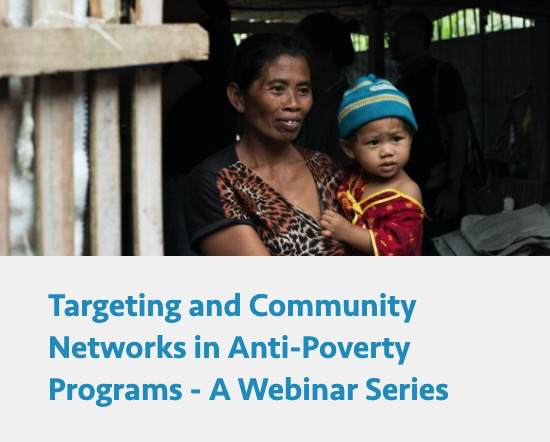[Rescheduled] Mobilizing P2P Diffusion for New Agricultural Practices: Experimental Evidence from Bangladesh
SHARE THIS

| Marcel Fafchamps (Stanford) | |
| Wednesday 27 January 2021 at 9:30 am (Hong Kong time, GMT +8) | |
|
Zoom (Click here to register) Facebook Live |
We run a randomized controlled experiment in which farmers trained on a new rice cultivation method teach two other farmers selected by us. We find that the intervention increases yields and farm profits among treated farmers. Teacher-trainees are effective at spreading knowledge and inducing adoption relative to just training. Incentivizing teacher- trainees improves knowledge transmission but not adoption. Matching teacher-trainees with farmers who list them as role models does not improve knowledge transmission and may hurt adoption. Using mediation analysis, we find that the knowledge of the teacher-trainee is correlated with that of their students, consistent with knowledge transmission. We also find that SRI knowledge predicts adoption of some SRI practices, and that adoption by teacher-trainees predicts adoption by their students, suggesting that students follow the example of their teacher. With cost-benefit estimates of social returns in excess of 100%, explicitly mobilizing peer-to-peer (P2P) transmission of knowledge seems a cost-effective way of inducing the adoption of new profitable agricultural practices.
Read the paper here (this version will be updated shortly after the event. Please stay tuned to this webpage).
About the speaker
Marcel Fafchamps is a senior fellow at the Freeman Spogli Institute for International Studies and a professor (by courtesy) for the Department of Economics at Stanford University. Prior to joining FSI, Fafchamps served as a professor of development economics for the Department of Economics at Oxford University. He also served as deputy director and then co-director of the Center for the Study of African Economies. His research interests include economic development, market institutions and social networks. His current research focuses on entrepreneurship, factor markets, and the efficiency of social networks in Africa and South Asia. Visit his personal website >>
To Attend the Event
The webinar will be held online via Zoom. ***** To attend, please sign up here. ******
Zoom will send you a confirmation email right away upon registration with a unique link to join the webinar. Reminder emails will also be sent 1 day and again 1 hour in advance of the event. Please check your spam box if you cannot find them in the inbox.
As part of our security measures, the webinar room will be locked about 20 minutes after the webinar starts.
Also, see here for advice from the university's IT office on Zoom best practices for attendees.
The event will be broadcast live on the Institute's Facebook page. Please "like" the page to get automatically notified once the broadcast starts.
The speaker will present for 1 hour and 15 minutes, and will take questions during the presentation.
This webinar is part of a series of webinars to present cutting-edge research on Targeting and Community Networks in Anti-Poverty Programs
Get updates from HKUST IEMS








